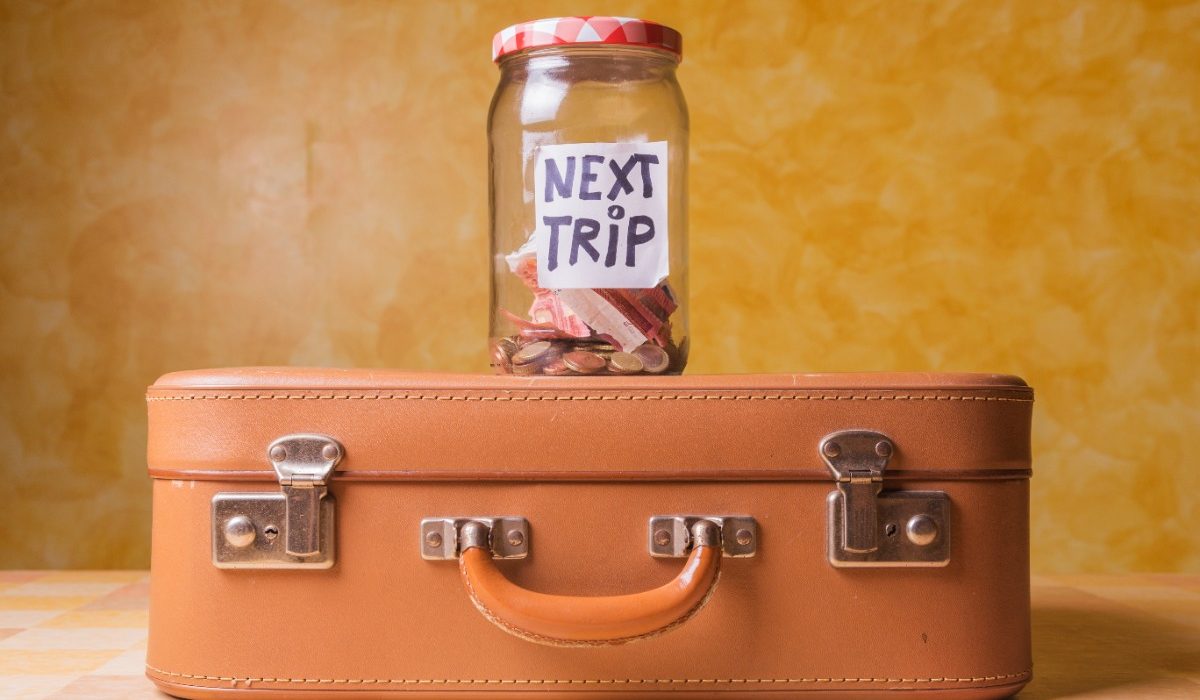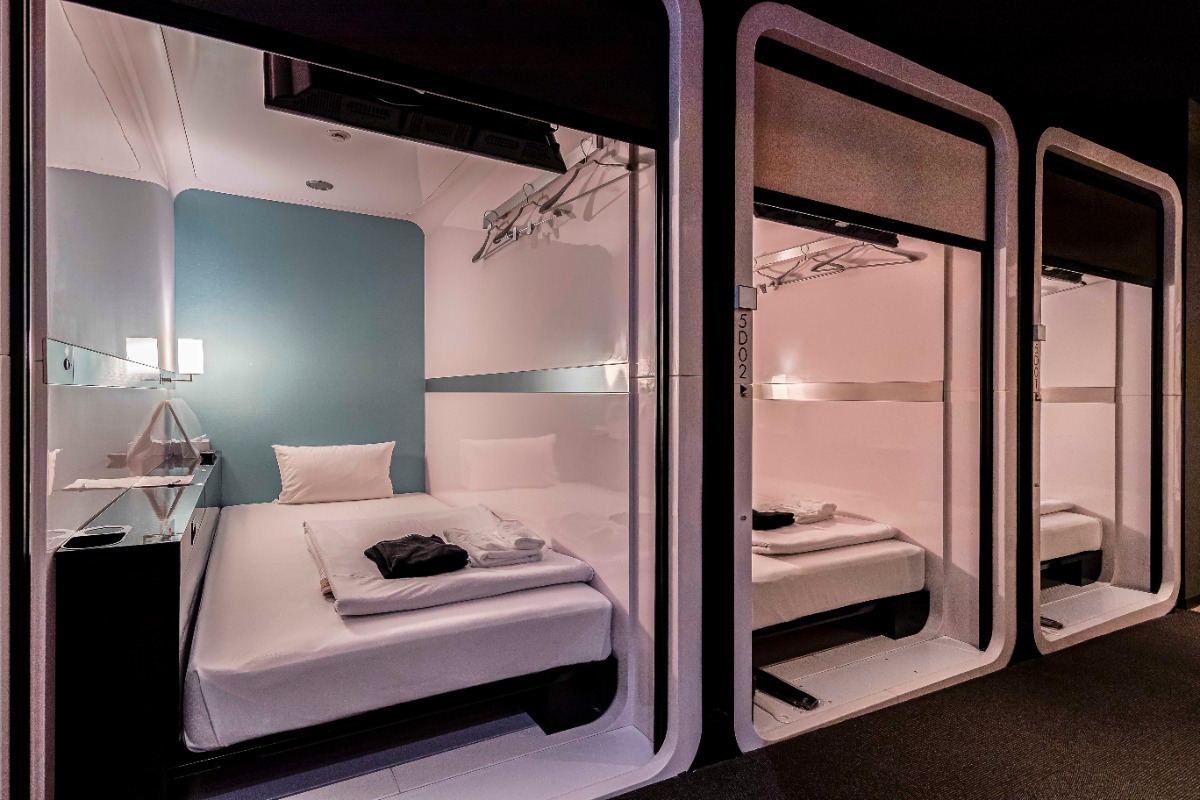How Not to Overspend and Stick to Your Travel Budget?

Traveling is wonderful, but usually, travelers spend much more than they initially intended. During a work trip or a vacation, it’s imperative that there will be sudden plans and things popping up that could take up more capital than you allocated for it. However, it is easy to get carried away and stop counting your expenses when caught in a moment.
There are various other concerns that people relate to overspending while traveling. For instance, you could end up buying souvenirs from your Hawaii trip that add to the stress on your wallet. The fundamental of planning a trip is ensuring that the place you’re visiting falls under your budget.
There are several aspects to traveling, too, like transportation, food, stay, etc. However, specific alternatives can help you keep all spending within your budget. Managing other aspects is highly inefficient if about half of your budget goes to getting places. That is why sketching a reasonable budget and sticking to it is crucial while traveling.
Tips to avoid overspending while traveling
Here are the top seven ways to ramp up your budgeting scheme and avoid overspending.
A wise budget allocation
There are two reasons why you need to divide your travel budget into smaller parts and allocate them to specific purposes. The first one is to give yourself a sense of limit. And the other one is to carry a small portion of cash in your wallet to prevent getting robbed.
To provide yourself with a limit is to make yourself believe that you only have a certain amount to spend, say, on an evening in a bar. To prevent a random theft on the streets of the place you’re visiting, carrying little cash with you can help plenty. Divide and hide other portions of your cash in various places. Also, make sure to allocate some emergency funds and keep them stashed away only to be used in emergencies like theft.
Use apps to track expenses
It might get difficult to track each receipt you get during your trip. Thus, the best option is installation a travel expense tracker, which lets you easily log all your purchases. Even before the trip, you can add all the expenses you made for booking hotels or transportation. There are many available apps, some with simpler designs and others with intricate graphs and other information. Pick the one that’s most suitable for your lifestyle.
Cut the coffee cost
If you want a decent cup of coffee after a long day of traveling, you can brew some yourself rather than spending extravagant cash at Starbucks. If you’re out to cut costs that you can do without, you can cut costs on unplanned visits to coffee shops with people you just met. Random coffee expenditures can mount up, and you wouldn’t even notice that they did.
The thing with practicing habits while traveling is that you often ignore those costs since they seem so minuscule at the time of spending. At the same time, the fact is that they keep adding up to a more considerable sum, which can be financially stressful. It’s essential to allocate a definite fund to such activities based on your budget.

Image from Adobe Stock
Plan during off-seasons
Off seasons are when not many tourists visit that place at that time of the year. For instance, traveling during holidays like Christmas will likely prove costly because the demand for services will be high. Traveling during the off-season will offer better prices for many things, like hotels, flights, restaurant deals, etc.
In addition to finding most things cheaper, you can visit your favorite places without a huge crowd dampening your mood. Visiting places in their less popular seasons will provide you with a better option for staying, where you will find a better reception. You will also find that locals are more friendly and cooperative during off-seasons.
Protect your documents and data
You already know to keep an eye out for your bags. You do not want to overspend, not by choice but by having someone steal your money. However, it is also important to know that theft can occur in more unexpected ways.
For instance, you might connect to free Wi-Fi at your hotel to save cellular data. Sadly, you cannot be sure whether the hotel has made the network safe. Therefore, you need to download VPN apps before joining unknown networks. You do not want someone to eavesdrop on your activities and steal data. Thus, connect to VPN servers to ensure that you use a secure connection for shopping, paying, or browsing.
Alternatively, you can buy a local SIM card to get internet access everywhere you are.
Hostels over hotels
Hotel stays put significant pressure on your budget and can render you high and dry if you don’t look for alternatives. You can save a lot from your stay budget if you choose cheaper options like hostels.
Staying in a hostel can be fun, where you will have to either share a room with a fellow traveler or a dormitory with several individuals. While being cheaper, hostels can also offer you a more hands-on experience of the locale you’re visiting.

Image from Adobe Stock
You can also interact and expand your network with fellow travelers. Alternatively, you can also choose to rent a room temporarily from the locals. Airbnb has been booming with available offers for affordable accommodation abroad. However, check for any signs of scams before you transfer any money to hosts. After all, you do not want to show up for your apartment only to find that the ad was utterly bogus.
Avoid cab fares
Another way to get hands-on experience of the locale while being economical is to walk short distances. You can also hire a local bike to commute around the city. Both options will charge significantly less than what Uber will cost you. Covering ground on foot will allow you to engage with the local folks and explore their culture.
Booking bikes by the day or the hour can come cheaper than you’d expect in tourist destinations. Just provide proof of identity for verification, pay, and take the bike out on a ride around the town and stop at any picturesque location you encounter.
Conclusion
Traveling doesn’t have to be stressful. You can follow these seven ultimate hacks to improve your travel experience by being economical. Hopefully, you can return to your trip and be proud of your restraint from overspending!

